
On time Performance

Contries

Machines

Customers

Defect Rate

ISO Certification
Surface finishing, also known as surface texture could help with the adhesion of paint and other coatings, eliminate surface defects, increase chemicals resistance and etc.
Key Difference Between Surface Finish and Surface Finishing
Surface finish means the surface characteristics after manufacturing process, such as smooth surface, rough surface, and surface with textures like waviness. It indicates how irregular a surface is.
Surface finishing is the process of protecting or improving the appearance of the product surface. There are various processes to achieve the desired surface properties, such as adding or removing materials, using heat, electricity, or chemicals.
At Wenext, you can select the best finish that strengthen and protect appearance of machined parts. Our professional team of experts will advise on the ideal surface treatments and finishing techniques to achieve your desired results.
Standard Surface Finishing Capabilities*
| Finishes Type | Description | |
|---|---|---|
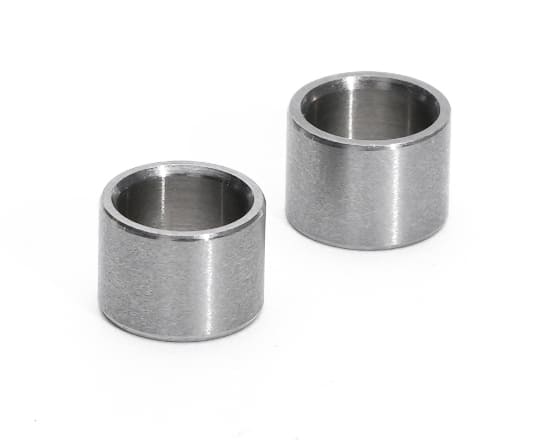 |
As machined | Standard surface finish from machine directly, variables in relation to different machines. |
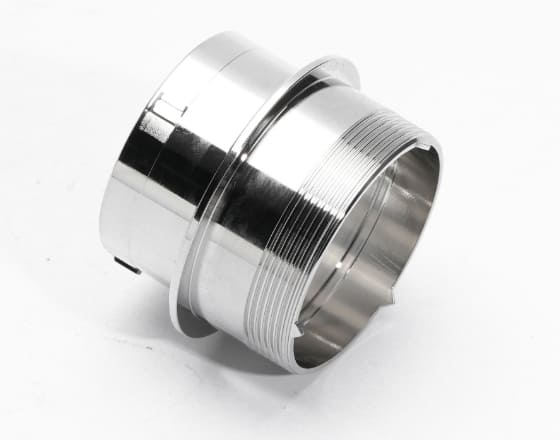 |
Polishing | Process of creating a smooth and shiny surface by rubbing it or by applying a chemical treatment. |
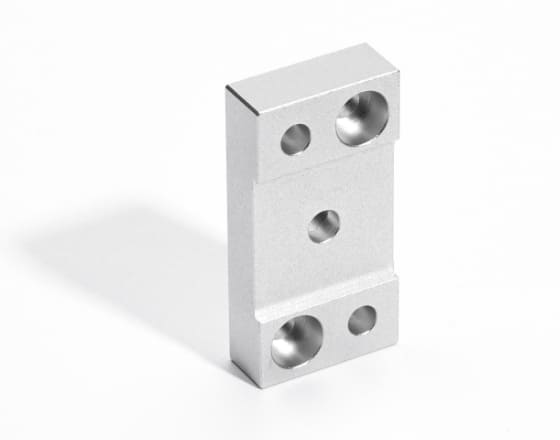 |
Sandblasting | Add uniform matte or satin surface finish against designated metal part and remove tool marks. |
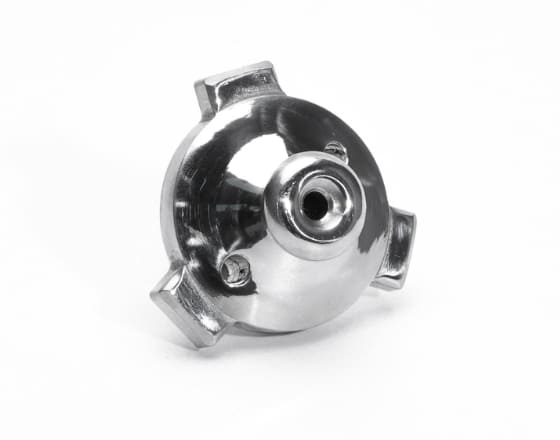 |
Plating | A surface covering in which a metal is deposited on a conductive surface. It is used to enhance surface properties in multiple purposes. |
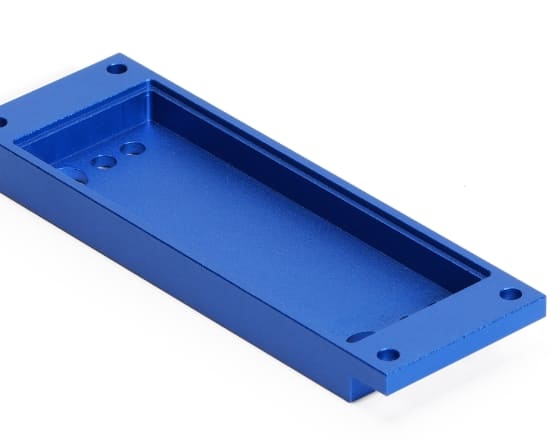 |
Coloring | Change the color of the workpiece by spray painting, baking finishing, etc. |
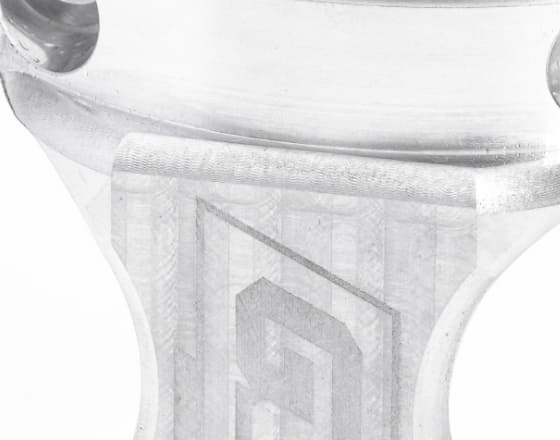 |
Laser Etching | The practice of using lasers to engrave the workpiece. |
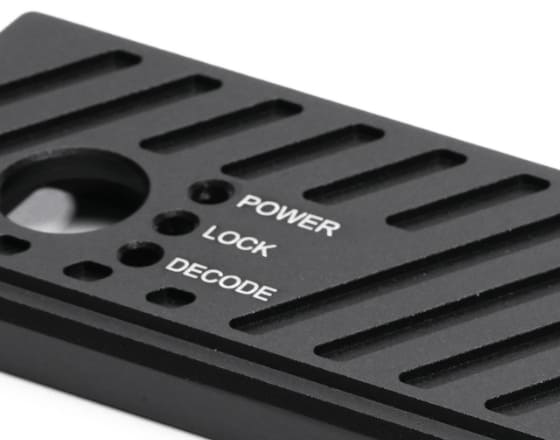 |
Screen Printing | Process of transferring a stencilled design onto a flat surface using a mesh screen, ink and a squeegee. |
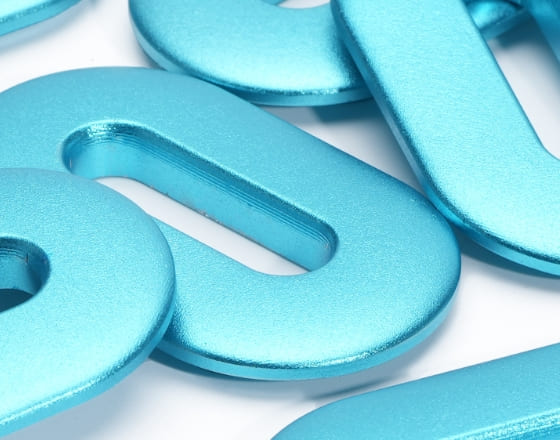 |
Anodizing | Anodizing is an electrolytic oxidation process by coating the metal with a corrosion-resistant coating. |
* Not sure about which surface finishing option to choose, contact hello@wenext.com.
Check surface finishing and choose the right one for your CNC parts.
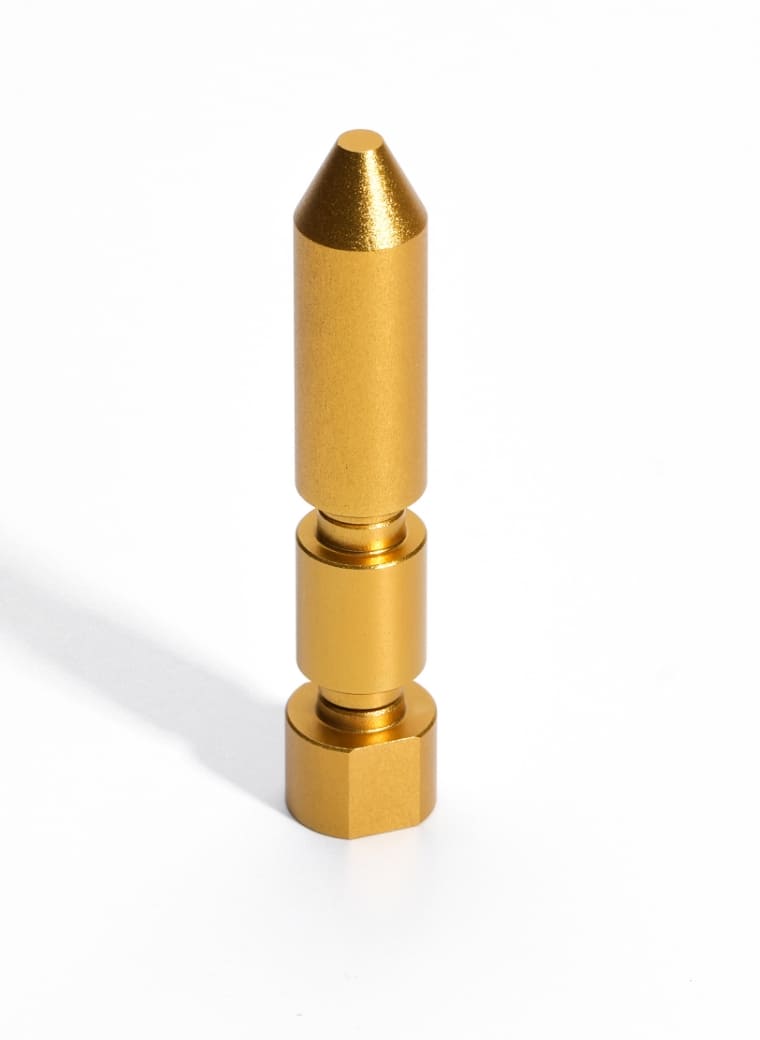
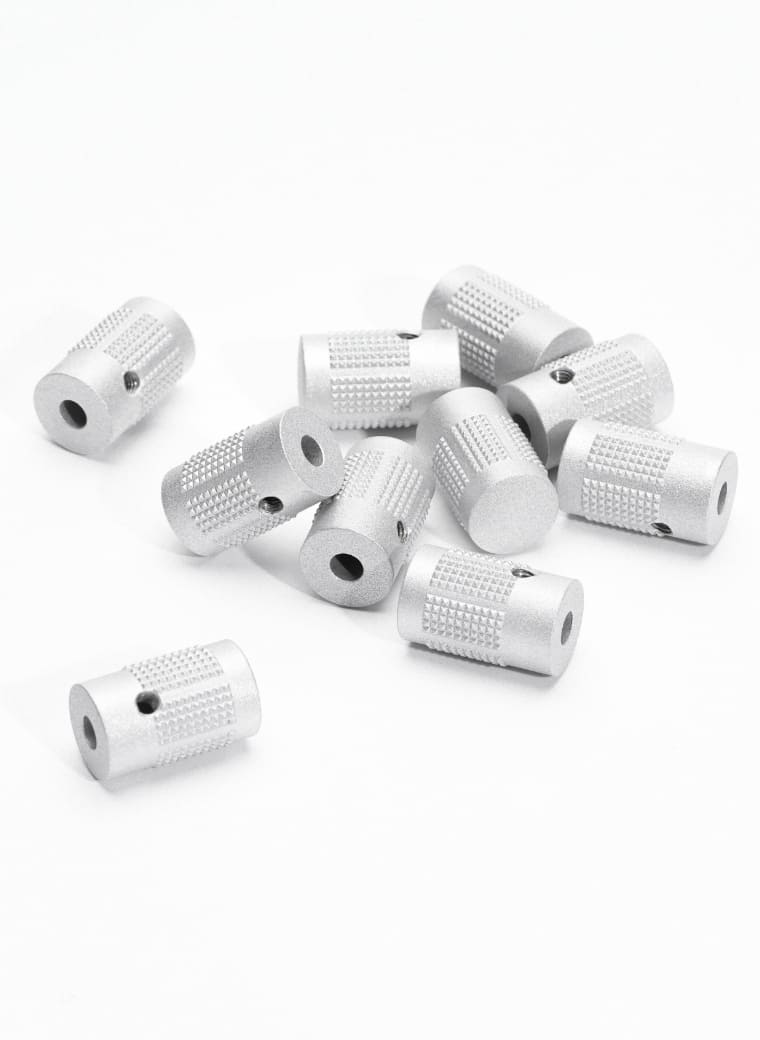
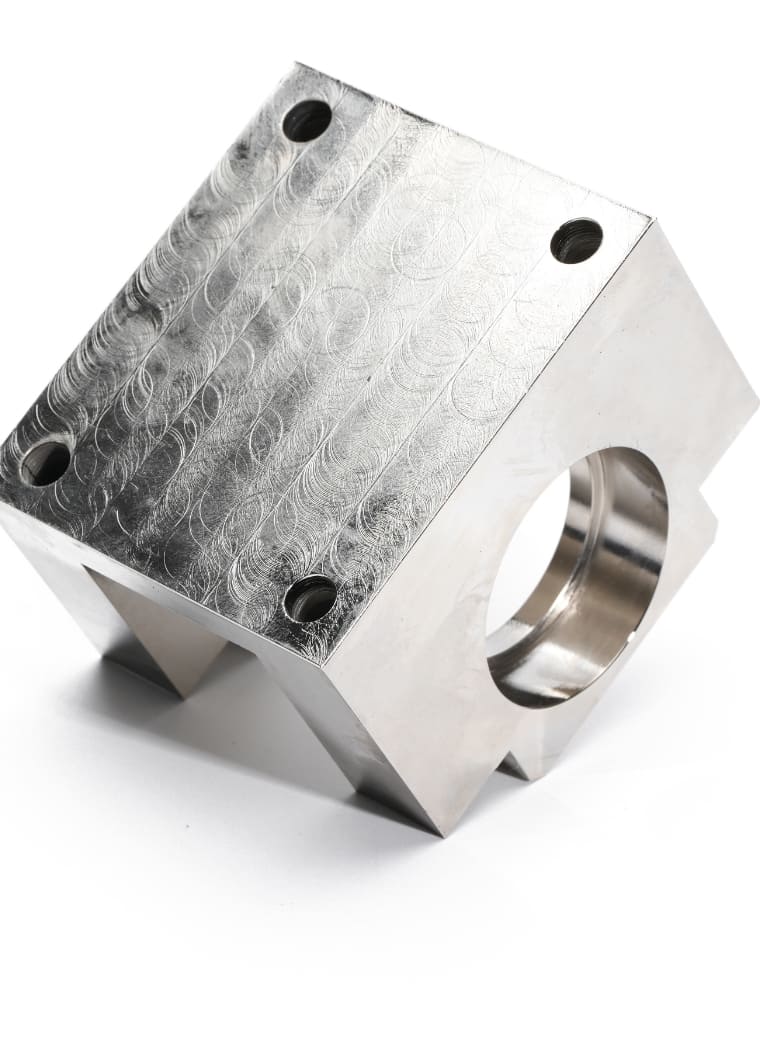
CNC surface finishing is the critical process to determine a part performance and function. Choose the best surface finishing is significant to your project. We list some key considerations for how to choose the suitable surface finishing at the beginning.

Part performance are affected by different environmental conditions, such as moisture, heat, vibration, light, etc. For example, metal parts that use for outdoor require high harness, so a standard machined surface will be suitable. Sometimes, high corrosion resistance should be on top priority when the parts are used under chemical exposure environment.

Durability is critical when you defining your product life cycle. Although raw material selection is vital, the surface finishing cannot be ignored. If you want to improve durability and add value to your final products, it is wise to choose the right surface finishing.

Generally, the best surface finish often requires detailed preparation and complex process. While you also need to consider materials with higher performance. Therefore, you need to compare different surface finishing based on the budget.

Surface finishing may change the dimensions of the part. Powder coating may increase the surface thickness and affect the clearance of the part. Besides, surface finishing that uses chemicals may remove a tiny degree of the raw material and change the dimensions slightly.

Some materials are difficult to polish, which makes anodizing or painting a difficult task. So, you need to decide the surface finish for your CNC machined part at the beginning of the project.
1. Avoid Chemical Corrosion
Chemical corrosion will destroy the surface finish of metal parts, causing rusts and reduce mechanical properties of the pars. By adding a protective surface for the functional or engineering parts to have a longer lifespan.
2. Improve Wear Resistance
Adding protective coating can minimize friction effects on the parts. Frictions may affect dimensional accuracy and specifications, improving wear resistance to guarantee parts performance.
3. Increase Strength
Some raw materials feature the hardness that may not meet the needs of final applications, which means the parts need extra treatment to enhance hardness and strength. Surface finishing solves this issue perfectly.
4. Enhance Aesthetics
When aesthetics is over mechanical performance, appearance of the product is what matters most. Your CNC machined parts can look as good as you want with these surface finishing options.
5. Improve Conductivity
Some raw materials have weak electrical conductivity. When parts require higher conductivity for applications, coating a conductive layer on the parts through surface finishing is a solution.

From Idea to Products
Copyright © 2023 Wenext, All Rights Reserved
This website uses cookies for better personalized services. By using our websites, you agree to this use. Privacy Policy
We use cookies to improve your experience, check out Privacy Policy.